Saudi kingdom stands firm after oil attack
By DW
17 September 2019 |
2:37 pm
Saudi Arabia's monarch has reassured his cabinet that the kingdom can deal with the effects of last week's attack. Oil prices have soared since the strikes on key Saudi oil facilities.
In this article
Related
Related
2 days ago
Solomon Islanders began voting on Wednesday in a crucial election that will decide China's foothold in the Pacific region.
Polling booths opened at 7 a.m. local time on Wednesday (2000 GMT on Tuesday), with almost 420,000 registered voters to elect 50 members of the national parliament.
There are more than 1,000 polling stations scattered across the Solomons archipelago, 2,000 kilometers (1,200 miles) off Australia's coast.
1 day ago
Indonesia is aiming to reduce its dependence on fossil fuels, with 30 percent of the country's energy slated to come from biodiesel by 2030. But the plan has caused alarm among environmental groups.
1 day ago
Russian peacekeepers will withdraw from Azerbaijan's Nagorgno-Karabakh region, the Kremlin said on Wednesday.
Kremlin spokesman Dmitry Peskov confirmed the move, responding to a question about reports in the Azerbaijani media about the withdrawal. "Yes, it really is the case," Peskov told reporters.
1 day ago
The Iranian attack was largely repelled and as such is a "dramatic failure", Barak said. As a result, he believes "there is no need and no will to go into full-scale war" with Iran.
5 hours ago
Canada's Peel Region police said Wednesday (April 17) that nine people, including Air Canada employees, are facing charges in connection to the $20 million Toronto Pearson airport gold heist that was meticulously carried out exactly one year ago.
5 hours ago
Viral publications on social media are claiming that Princess Salma of Jordan shot down six Iranian drones late on Saturday. Jordan is the latest target of misinformation following its role in defending Israel against Iran's drone and missile attack. We explain in this edition of Truth or Fake.
Latest
33 mins ago
Thirty years ago, more than 800,000 people were killed during the genocide of the Tutsis in Rwanda. Among them were several dozen members of Dafroza Gauthier's family. A few months later, the young woman and her French husband decided to track down those suspected of taking part in the mass slaughter who had taken refuge in France. Journalists Thomas Zribi and Stéphane Jobert followed the Franco-Rwandan couple in their quest for justice. They bring us this special 52-minute documentary.
33 mins ago
Inflation in Germany has fallen to its lowest level since before Russia invaded Ukraine. Food prices fell for the first time in more than 9 years, figures show, with energy prices dropping even further.
4 hours ago
Kenya's military chief Gen. Francis Ogolla, was among 10 people killed in a helicopter crash in the Cheptulel area of Kenya's Rift Valley region, on Thursday, Kenyan President William Ruto confirmed.
1 day ago
Find these stories and much more when you grab a copy of The Guardian on Friday.
1 day ago
Housing is the social issue of the 21st century, German politicians and experts say time and again. And yet there's no improvement in sight, especially in cities, where affordable housing is in short supply.
1 day ago
According to the International Monetary Fund (IMF), a 10% rise in the dollar on the currency market would push down real gross domestic product (GDP) in emerging economies by 1.9% after one year, with adverse economic effects lasting more than two years
×

Get the latest news delivered straight to your inbox every day of the week. Stay informed with the Guardian’s leading coverage of Nigerian and world news, business, technology and sports.


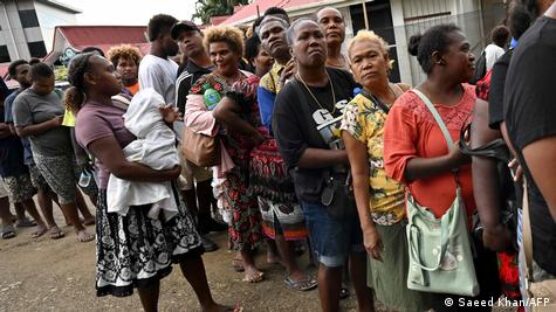

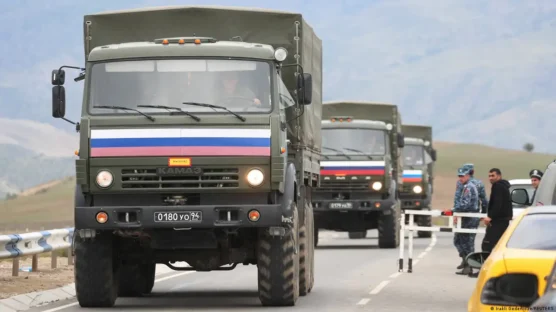
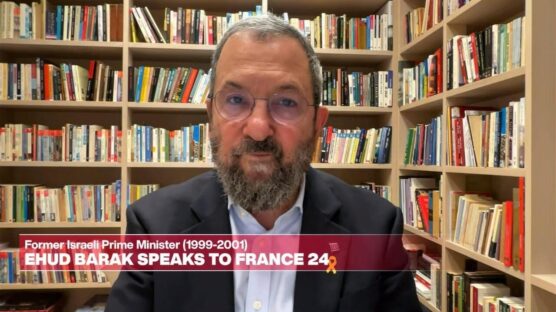






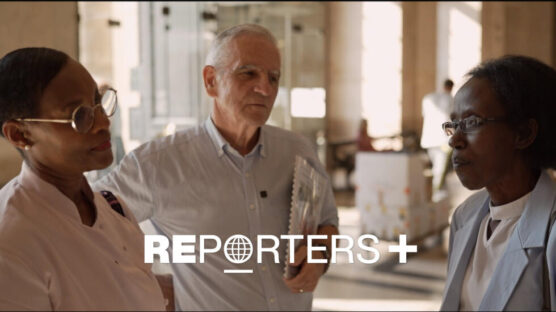
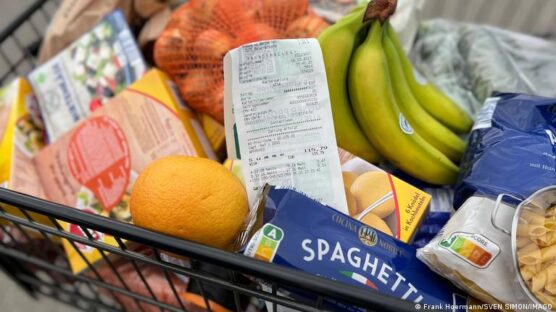

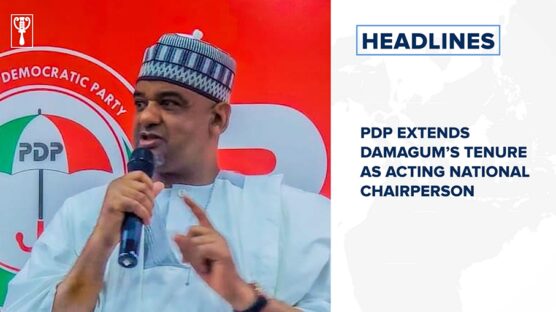


0 Comments
We will review and take appropriate action.